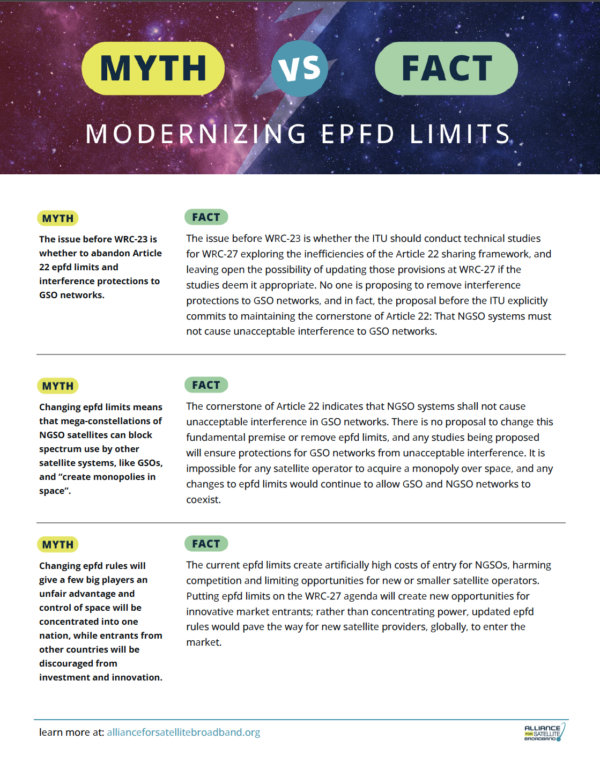CCIA Blog: Securing Our Space Future: Why U.S. Leadership at WRC-27 and the ITU is Non-Negotiable
A blog from CCIA’s Disruptive Competition Project argues that the U.S. must exert strong leadership to ensure global radio regulations will “support innovation, protect existing investments, and promote fair access to orbital resources.” CCIA highlights that the U.S. has an opportunity to lead the charge at WRC-27 on modernizing epfd limits in a “clear real-world test of the ITU’s ability to evolve its rules to accommodate rapid technological change.”




